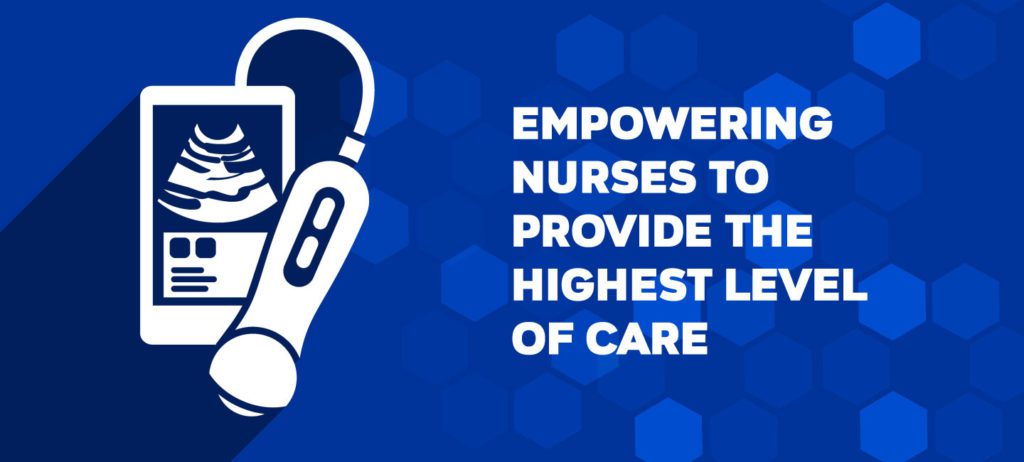When a patient enters a medical center, it can be an uncertain and intimidating experience. Depending on the symptoms, individuals are exposed to language and equipment they have likely never heard of, are in a new environment, and can be experiencing a whirlwind of emotions at the thought of what might be wrong with them.

During their medical experience, there’s one healthcare professional that patients have come to turn to for emotional, procedural, and diagnostic support: their nurses. Along with being members of a specialized discipline, nurses tend to be the beacon of support and comfort for patients.
Whether it’s in their first interaction when they enter the emergency room or if they’ve met on multiple occasions before, patients place their trust in nurses to assure they receive accurate, high-level care. And nurses deliver with their empathy, knowledge, and medical skills that allow them to ensure patients are comforted and cared for.
Nurses have always served in this role. Their dedication to providing high-quality care is seen in their practice on the grounds and in their “behind the scene” commitment to expanding their skill set, ensuring they’re equipped to assist any patient.
POCUS Enhances the Power of Nurses
Time and accuracy are two essential components for both patients and professionals alike. Consequently, anything that capitalizes and advances those two features in every case is impactful in the process.
Point-of-care ultrasound (POCUS) is renowned for its ability to provide more immediate insights to inform the next steps in the care patients receive. This modality is highly beneficial to nurses who utilize it to save time and lives.
During her time as a Clinical Nurse at her previous hospital, Yun Cee Dirsa utilized POCUS to place IV lines and spearheaded the movement to create and run an ultrasound program for nurses. Additionally, during this time, she served as faculty in the Emergency Medicine Ultrasound Division.
Dirsa was working in an Emergency Department where approximately 30% of the patients they had coming in required an ultrasound line. Consequently, as she recognized the role POCUS could play in enhancing patient care, she found herself wondering if she could do it; why couldn’t other nurses? This drive inspired the creation of a program that, in its duration from 2017-2019, trained a total of 70 participants.
Her passion for POCUS began with the benefits it provides and its ability to allow for more immediate care because maximizing that care can lead to “better patient outcomes clinically.” She also shared the empowering nature of POCUS for nurses and how using this modality translates into patient care.
From its first course in December 2017 to the latest in August 2019, the program saw a 533% increase in participants
Other nurses also spoke to the importance of using POCUS in their field. Clinical Assistant Professor at New York University Rory Meyers College of Nursing, Leon Chen, actively utilizes and is a strong POCUS proponent. In a recent FOCUS on POCUS™ podcast episode , he discusses how using POCUS in aiding the diagnostic process can drastically “change the diagnosis and the point-of-care.”
Due to its diagnostic and procedural impacts, he encourages other medical professionals to learn ultrasound to fit their needs. He also highlighted how an array of critical care societies recommend adding POCUS to their skill set.
For Disra, using POCUS empowers her to work at her “full scope of care.”
As POCUS for nursing expands, organizations like The Point-of-Care Ultrasound Certification Academy™ are committed to providing nurses with the opportunity to advance further and showcase their expertise with this modality. POCUS continues to benefit medical professionals and patients. For nurses, this tool elevates their specialized and unique skill: supporting patients at the greatest care level possible.
_____
Want to learn more about the impact POCUS is having on patient care? Visit our education and training resources page for more in-depth insights. Ready to begin your POCUS journey? Check out our many certificates and certifications here.





















